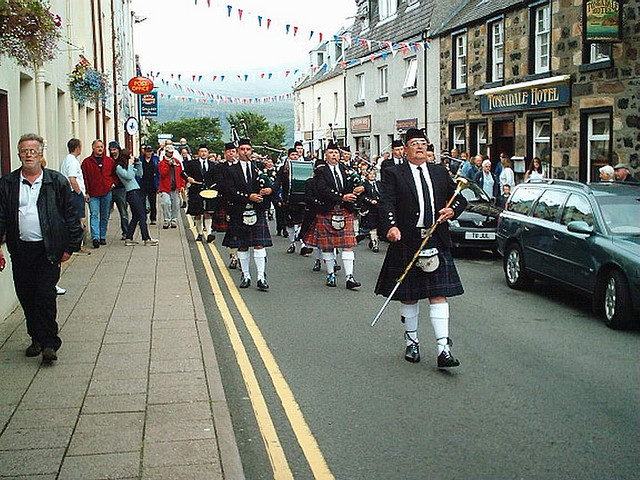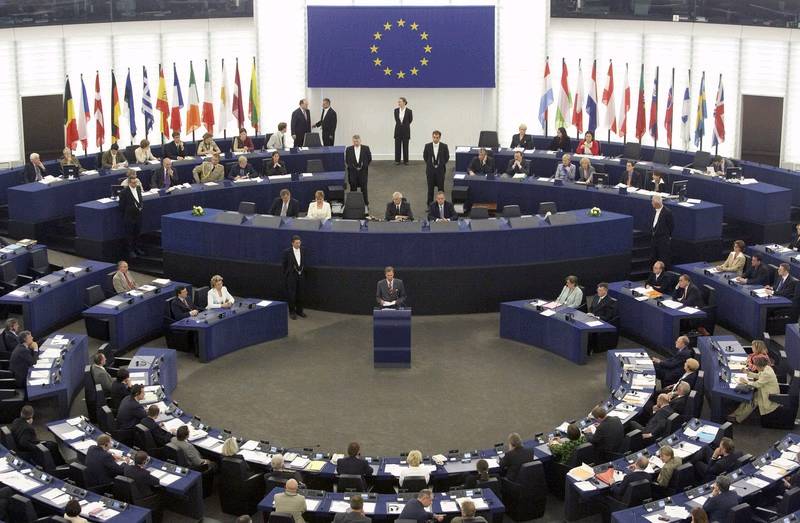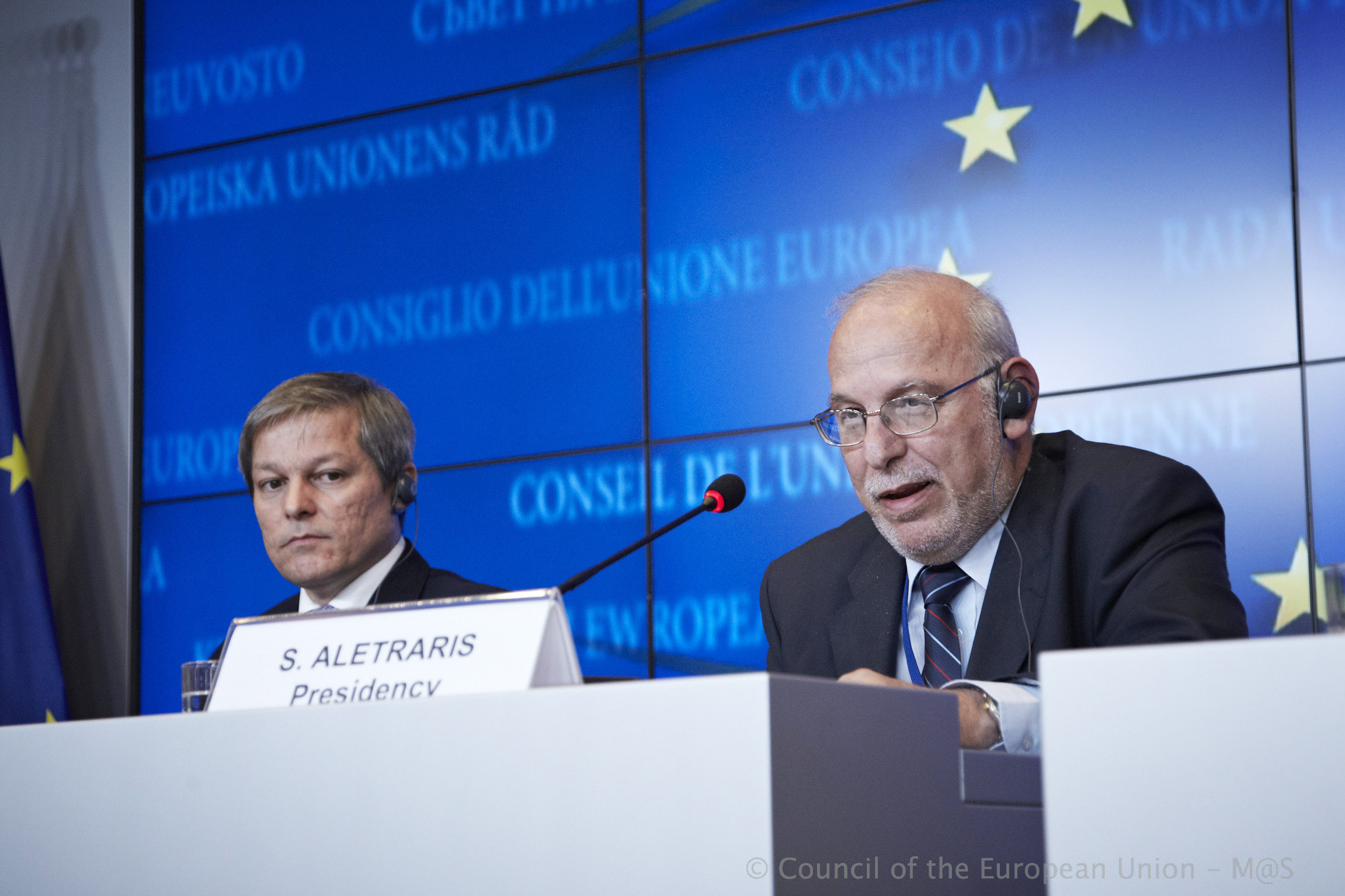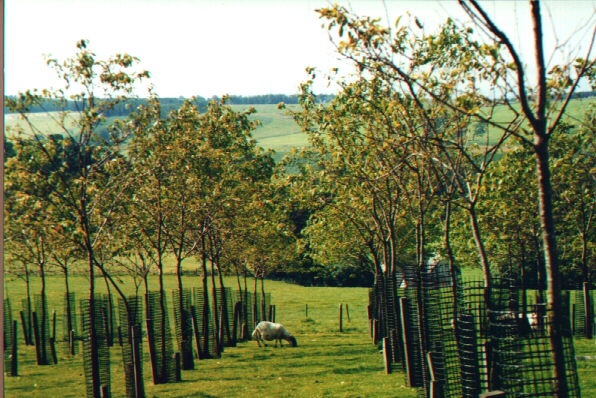The current CAP reform debate and the US Farm Bill debate have been taking place in parallel for several months. There are some interesting contrasts between the two procedures, which are explored in a note for the European Parliament. The note also describes the current situation of the Farm Bill negotiations, based on the proposals tabled by the Senate and by the Committee of Agriculture of the House of Representatives (not endorsed by the House as a whole, so far).
It is difficult to compare the proposed €370 billion for 7 years in the CAP (a crude estimate based on recent budget proposals) with some US$ 690 billion, i.e… Read the rest






